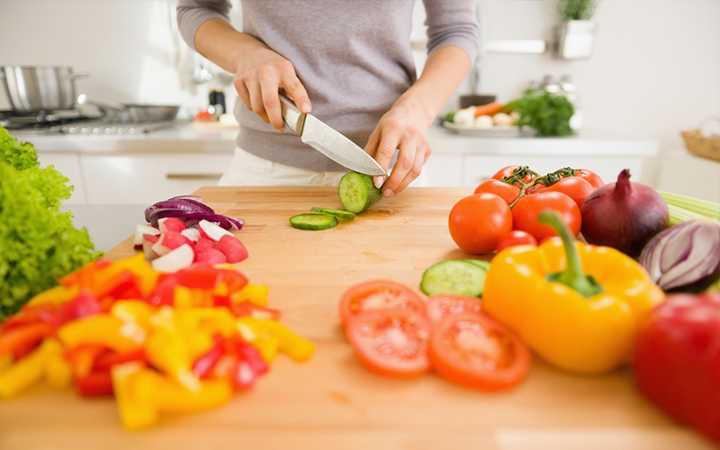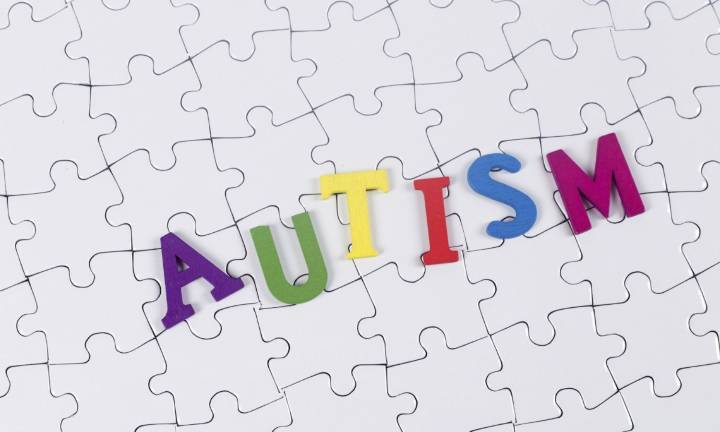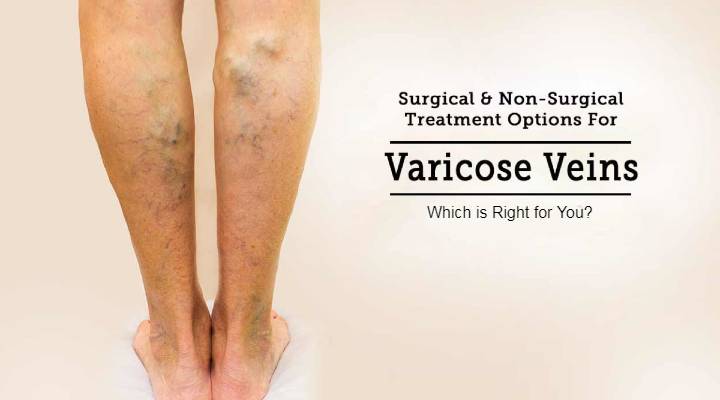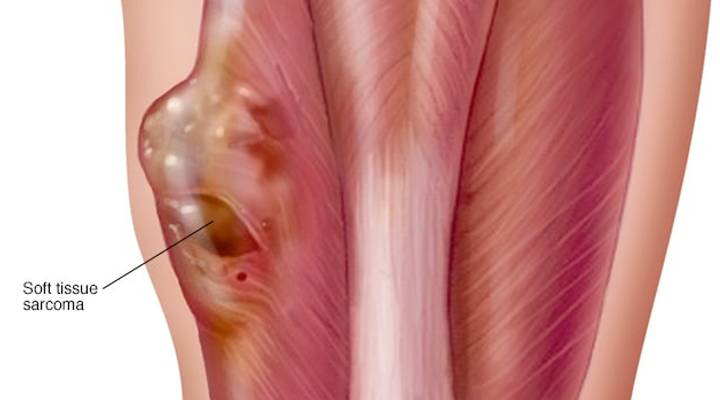How to make your diet more nourishing: Tips to Healthier eating

A good and balanced diet is one of the basic foundations to a good life. It is essential to eat the required amount of calories every day to remain fit and strong. It’s advised that men have around 2,500 calories a day while women should have around 2,000 calories a day. The food we eat provides us with the energy to work throughout the day. It is also important to include a wide variety of different foods like grains, pulses, fresh fruits and vegetables, as well as superfoods which are packed with numerous nutrients. There is an urgent need for people to switch to an organic and green lifestyle that is built on clean nutrition. It is extremely essential to know from where your food is being sourced and whether it’s free from harmful chemicals, additives and GMOs.
Let’s look at some fundamental ways to make your diet healthier and better:
- Eat lots of high-fibre Starchy carbohydrates like potatoes, bread, rice, pasta and cereals. You should eat higher fibre or whole grain varieties like wholewheat pasta, brown rice or potatoes with the skin intact. As these contain more fibre than white or refined starchy carbohydrates, they are healthier and more nourishing alternatives.
- Also steer clear of unhealthy fats like refined oil or Dalda and switch to healthier sources like olive oil, sesame oil, avocado oil, etc. These healthier fats not only provide essential energy for the body but also prevent the accumulation of cholesterol in the body.
- It is recommended that you eat a lot of fresh fruits and green leafy vegetables throughout the day. These are packed with a plethora of important vitamins, minerals and other nutrients. You should include at least five portions of fruits and vegetables on a daily basis. You can come up with numerous ways to add fruits and vegetables to your diet in the form of fruit bowls, salads, etc.
- It is also important to check your regular sugar intake as excessive amounts can increase the risk of diabetes, obesity and tooth decay. This means avoiding sugar-laden processed foods like fizzy drinks, colas, chocolates, etc and opting for natural sources of sugar like fruits, honey instead.
- At the same time, it also makes sense to cut down on your salt intake. Consuming excess amounts of salt can prove detrimental in the long run as it increases the risk of high blood pressure and heart disease. A bulk of the items that are found on supermarket shelves are literally jam-packed with salt. These include breakfast cereals, chips, soups, pickles, breads, sauces, etc. It is suggested that adults as well as children above 11 should not eat more than 6 gms of salt per day. Read the food labels carefully to detect the volume of salt in them. If a 100 gm of any food contains more than 1.5 gm of salt then that food is said to be highly salty.
- It is essential that you keep drinking a sufficient amount of fluids to keep yourself charged during the day. Water works best and it is suggested that you drink at least 6-8 glasses every day. Stay away from unhealthy beverages like colas, alcohol, processed fruit juices and instead go for healthier variants like freshly squeezed fruit and vegetable juice, low-fat milk, etc.
- Many people think that avoiding eating breakfast in the morning can help them shed a few pounds. This is not true. You should eat a healthy and power-packed breakfast everyday consisting of fresh fruits, skimmed milk, whole-grain bread or parathas made with little oil, etc.
If you are unable to derive your daily nutritional needs from your diet, you can add clean plant-based nutritional supplements in your daily routine to get the required nutrients. It is recommended that you consult a certified nutritionist before selecting any supplements.







